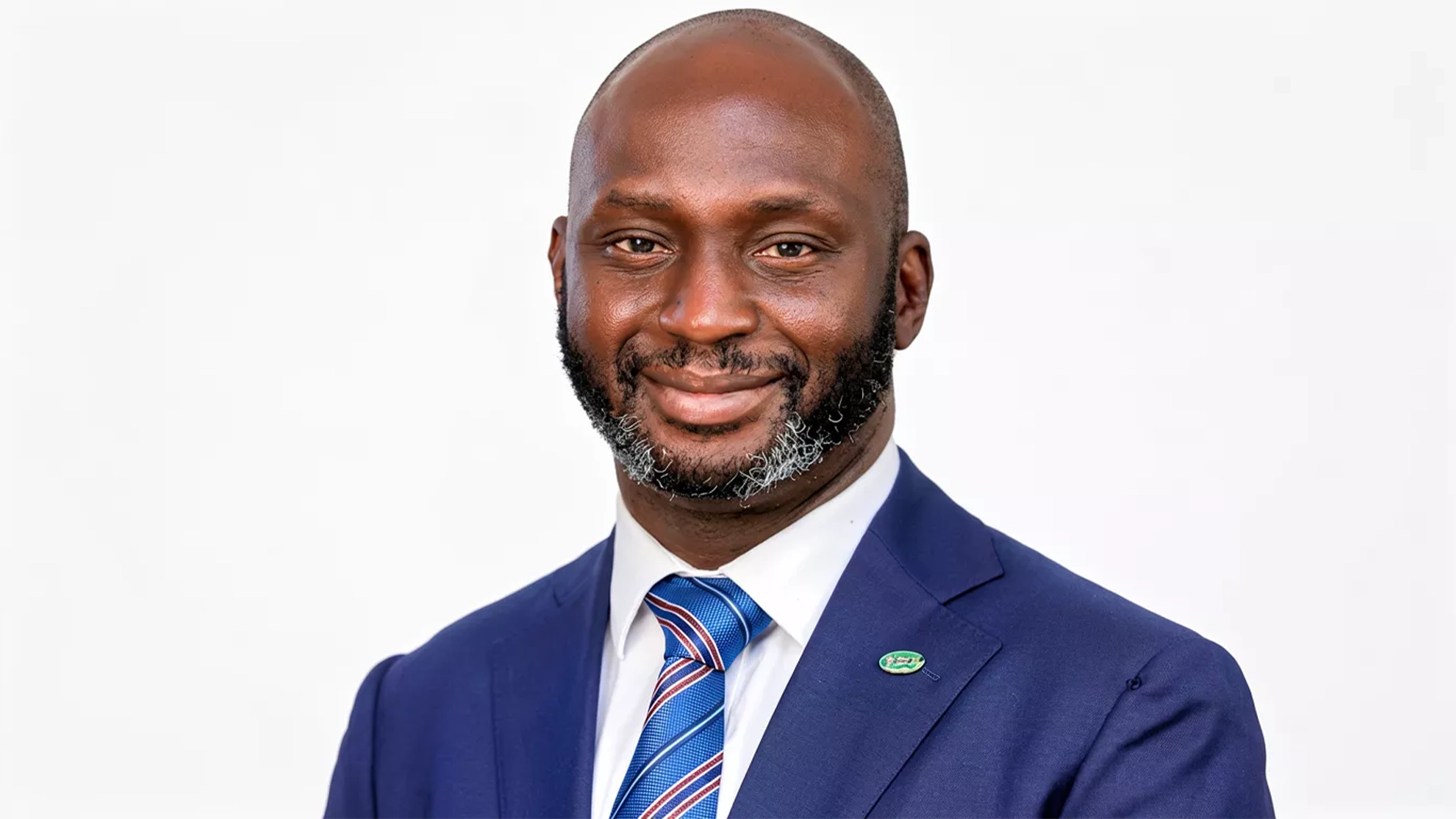In an apparent disappointment, Nigeria’s 51 ministers are only followed by 17 million followers across all social media platforms. This is revealed in a new report by the digital communications firm Column.
The report, which observed the poor digital presence of the ministers, warned that the government risks losing touch with its citizens in an increasingly digital world.
Indeed, this is a blight on Nigeria’s digital profile, especially for a country with a population of about 220 million and where over 40 million people spend an average of six hours on social media daily, according to the Nigeria Data Protection Commission (NDPC).
The Column report disclosed that most of President Bola Tinubu’s ministers have no presence on many of the popular social media platforms where Nigerians hold conversations daily.
In the 25-page report, the authors, led by Dr Mo Shehu, noted that as of April 11, 2025, the combined following of Nigeria’s 51 ministers across five major platforms, Twitter (X), Facebook, Instagram, LinkedIn and TikTok, stood at around 17 million followers.
According to Column, over 60 per cent of the 17 million followers are owned by just five office holders, with Tinubu alone accounting for 26.6 per cent of the cabinet’s total digital footprint (about 4.5 million followers).
The report, which explored how Nigeria’s cabinet ministers are or are not showing up on digital spaces, revealed that Tinubu is followed by Chief of Staff Femi Gbajabiamila, who commanded 1.6 million followership, while the Health Minister, Muhammad Ali Pate, has 1.46 million followers across the platforms.
Column, which also said the report is not just about numbers, but about presence, perception and potential, revealed that Aviation Minister, Festus Keyamo, was fourth with 1.37 million followers, while FCT Minister, Nyesom Wike, has 1.33 million online followers.
According to the report, ministries tasked with public-facing mandates, like youth development, information, or education, should be leading the charge online. It disclosed that two ministers have zero followers across all platforms, and several others command fewer than 500 followers.
The report revealed that the Minister of Communications, Innovation and Digital Economy, Dr Bosun Tijani, is not among the top five. The median audience per minister sits at just over 64,000, a modest figure considering Nigeria’s population of over 236 million and its youth-dominated demographics.
The platform of choice remains X, where almost all the ministers are active and have attracted a combined 9.4 million followers. Facebook follows with 4.8 million, Instagram with 2.1 million, while TikTok and LinkedIn lag, despite their growing importance.
According to Column, only seven ministers use TikTok and 17 are on LinkedIn, despite the latter’s relevance to professional and policy audiences. Only one minister, Minister of Arts, Culture, and Creative Economy, Hannatu Musawa, appeared on all five platforms, showing what a fully digital-savvy public official could look like.
In contrast, two ministers are on just one platform, and several others have poorly maintained or inactive accounts, according to the Column report.
According to the report, the level of concentration raises flags as it suggests a dependency on a few figures for digital communication, while others remain digitally absent.
“For a government committed to openness and citizen connection, this imbalance presents both a challenge and a strategic opportunity.
“A truly connected cabinet should reflect broad, consistent engagement across ministries — not just a handful of online heavyweights,” the report stated.
According to the report, in an increasingly digital world, the way leaders engage with the public is evolving — and fast. For Nigeria, a country of over 236 million people with a median age of just 18, digital channels have become critical pathways for communication, visibility and trust building.
It stressed that ministers with no online presence reflect a deeper issue, saying it’s not just about being unreachable online, it is a signal of disconnect in a country where digital tools increasingly shape how people get information, hold leaders accountable and feel seen by their government.
Column noted that the data revealed a clear opportunity; ministers don’t need to be everywhere, but they need to be present somewhere, and intentional about it.






